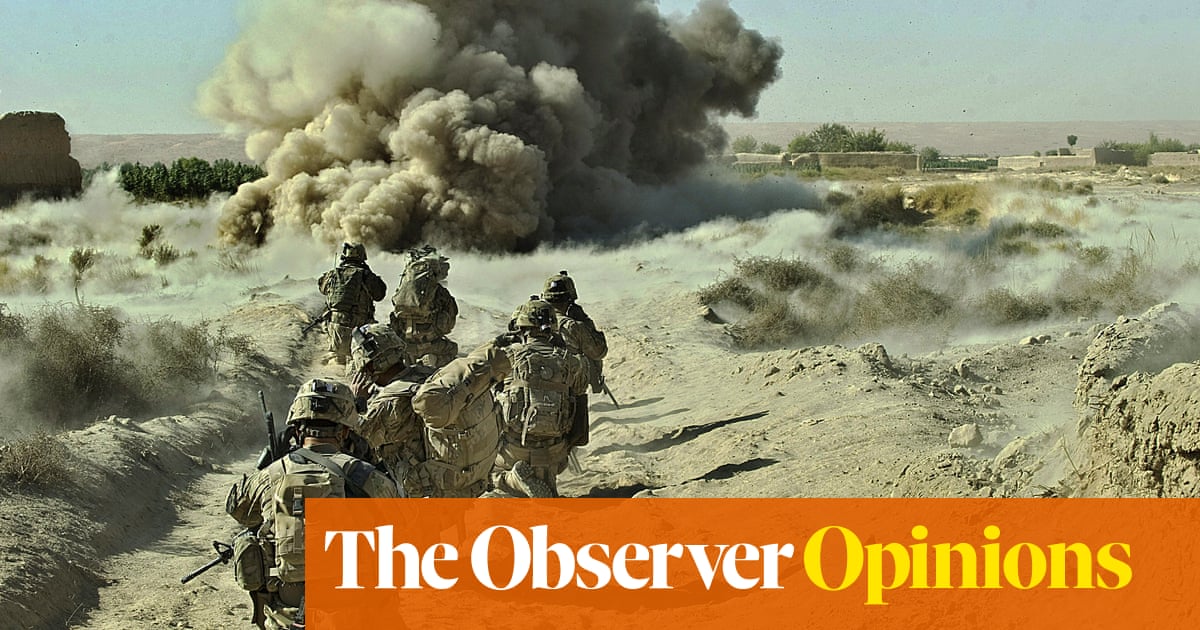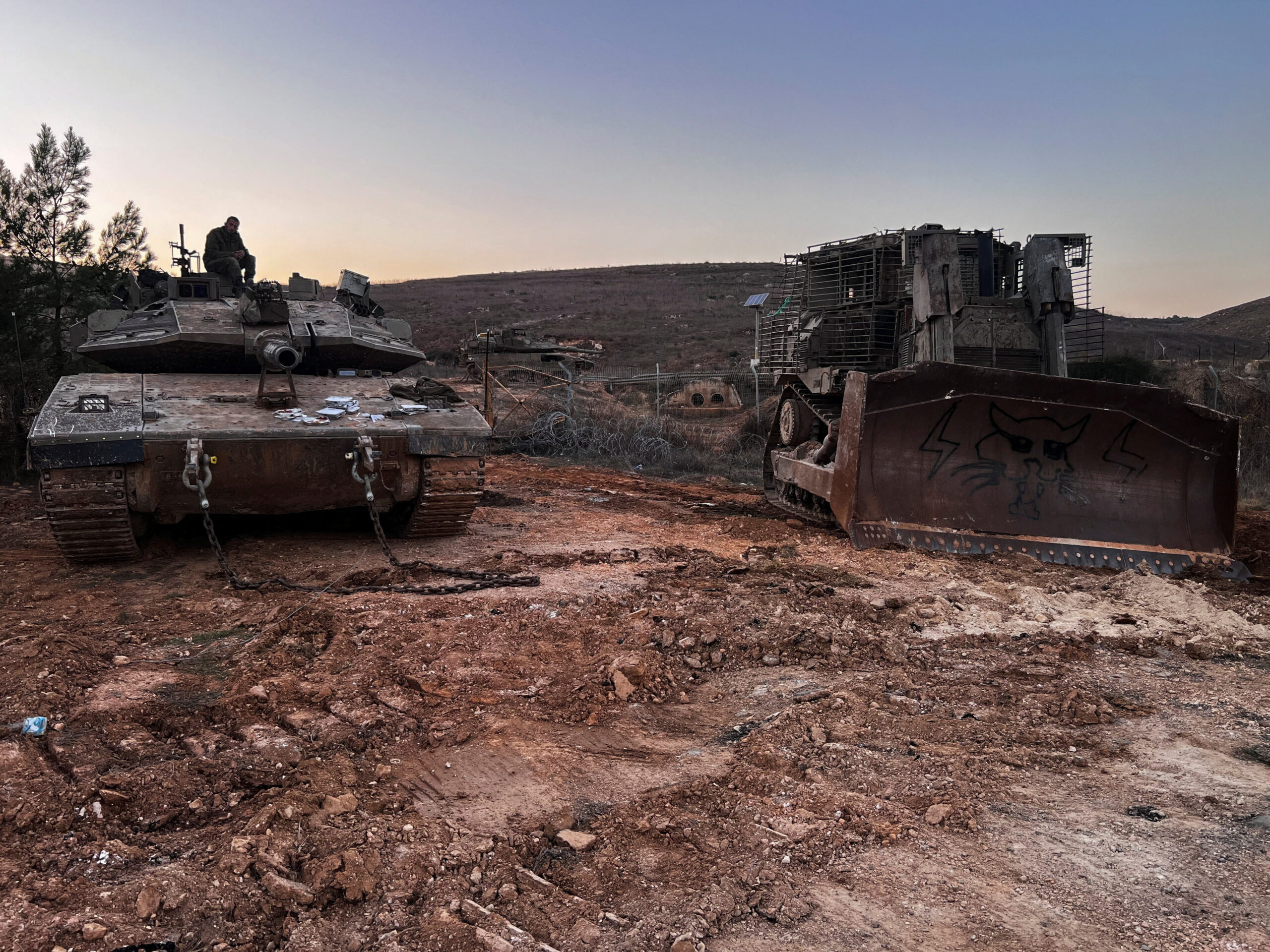
Show caption It is estimated that the US spent $300m a day fighting terrorism in Afghanistan alone. Photograph: Tony Karumba/AFP/Getty Images Opinion Lives lost, poverty, an arms race, rights destroyed … the continuing cost of 9/11 Simon Tisdall The US has now spent $8 trillion over 20 years in its response to the attacks. But the true price has been more than financial Sun 12 Sep 2021 07.30 BST Share on Facebook
Share on Twitter
Share via Email
Successive US administrations since 2001 have spent $8tn – that’s to say $8,000bn or $8 million million – on what George Bush, its progenitor, termed the “global war on terror”. Joe Biden complains that Afghanistan alone cost the US $300m a day for 20 years. These mind-boggling numbers are mere estimates. Their sheer size is hard to comprehend. In any case, it’s absurd to reckon the cost of a worldwide trauma purely in dollars and cents.
So how should a phenomenon that, looked at in the round, is the most epically damaging man-made calamity of recent times be properly measured? The overall cost of the “war on terror” can be gauged in many different ways – in terms of international development, arms spending, environmental impacts, civil and human rights, the rule of law and the balance of power. Yet most striking is the cost expressed in ordinary lives lost and ruined.
Civilians, on whose behalf it was fought, have been the war’s main victims throughout, despite the focus in the US and Britain on the sacrifices of military personnel. The al-Qaida attacks on New York and Washington killed 2,976 blameless people. The toll of innocents grew exponentially from there. In Iraq, according to estimates by Brown University’s Costs of War project, between 184,382 and 207,156 civilians died in direct, war-related violence from 2003 to 2019.
Fear, alienation, and polarisation between western and Muslim countries is a largely unquantifiable measure of the war’s cost
Civilians continue to die in large numbers in lesser conflicts in fragile regions indirectly related to, yet facilitated by, the “war on terror”. One such is Yemen, where US-backed Saudi and United Arab Emirates’ forces initially attacked Houthi rebels, whom they deemed terrorists, in pursuit of a wider struggle with Iran. Israel often describes Palestinian civilians killed in the occupied West Bank as terrorists. Russia does the same with anti-Assad fighters in Syria, and China with Uyghur Muslims.
Fear, alienation, and polarisation between western and Muslim countries – the so-called clash of civilisations – is a largely unquantifiable measure of the war’s cost. The attempt to extirpate the “original” enemy, al-Qaida, spawned IS and copycat extremist insurgencies from Libya to the southern Philippines. Mozambique, west Africa and the Sahel are the latest ideological battlefields. Far from being doused, the fire spreads.
Instability, plus a heightened post-9/11 propensity to resort to violence and eschew UN or other forms of conflict mediation, is reflected in a separate metric – international arms sales. Global military expenditure fell steadily in the 1990s. Since 2001, it has never stopped rising, according to the Stockholm International Peace Research Institute. In 2020, total spending was close to $2tn, almost double the 2001 level.
In environmental terms, too, the “war on terror” is extraordinarily expensive. Engaged in counter-terrorism operations in more than 80 countries, the Pentagon is the world’s biggest institutional consumer of petroleum – and the single largest producer of greenhouse gases. The US footprint, imperial and carbon, is gigantic. And that’s not counting the unceasing destruction of multiple human and natural habitats.
Despite billions spent on nation-building in Afghanistan, the overall global effect of 20 years of warfare on Muslim and particularly Arab countries has been chilling, in terms of associated humanitarian emergencies, missed economic and development opportunities, and personal and political freedoms. In Yemen, to give but one example, almost half a million children under five may die from preventable causes this year. The long-term negative ramifications of this unforgivable, avoidable disaster are unfathomable.
While the spread of violent Islamist fundamentalism before and after 2001 has been disastrous for Muslims, the west’s overly aggressive, ill-considered reaction has also been massively self-destructive – especially the US.
“After a brief burst of rally-round-the-flag patriotism, the war fuelled domestic division, xenophobia and a broader fear of people of colour, thereby reinforcing the white supremacists at the core of Trumpism,” Harvard professor Stephen Walt declared last week. “US officials embraced torture and rendition as policy tools, lied to the country about Iraqi weapons of mass destruction… and no one was ever held accountable.”
Britain’s democracy suffered similar collateral damage. Trust in Tony Blair and politicians generally has arguably never recovered from the deceptions and exaggerations that preceded the Iraq invasion – all in support of Bush’s supposedly morally justified “war on terror”.
Subsequent, vengeful Islamist bomb and suicide attacks in London, Manchester, Paris and many other European cities incited Islamophobia and anti-migrant, anti-foreigner sentiment. That in turn inflamed anti-establishment politics of the type that produced Brexit while empowering anti-democratic authoritarians and rightwing populist-nationalist demagogues everywhere. Additional casualties were the international rule of law, which a divided, discredited UN security council proved incapable of upholding, the “Blair doctrine” of humanitarian intervention, and the unchallenged primacy of the US. “The global war on terrorism was a giant distraction from a host of broader strategic concerns, most notably China’s remarkable rise. It is no exaggeration to say that 9/11 – and especially the US response to it – was an enormous gift to Beijing,” Walt wrote.
While its failures are many and epic, it’s harder to pinpoint clear-cut successes for the continuing “war on terror”. Britain’s MI5 says many plots are foiled. There have been no repeat al-Qaida attacks on US soil. Osama bin Laden is dead. Yet despite Biden’s assurances, this particular “forever war” is far from over.
Ordinary people everywhere continue to pay a calamitous price for a catastrophic response to an atrocious act.






